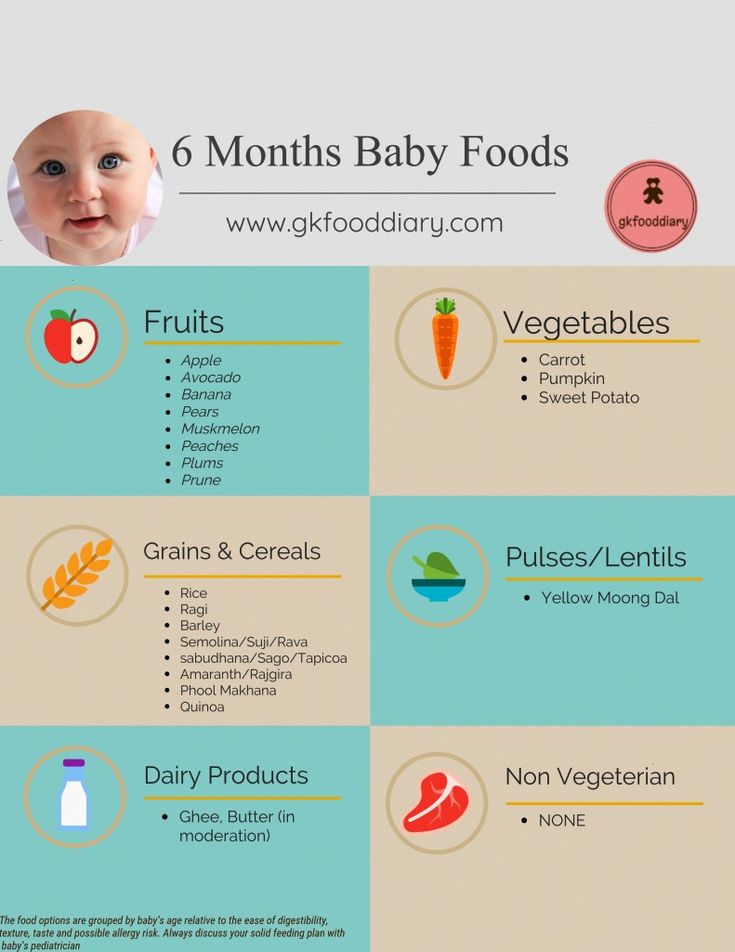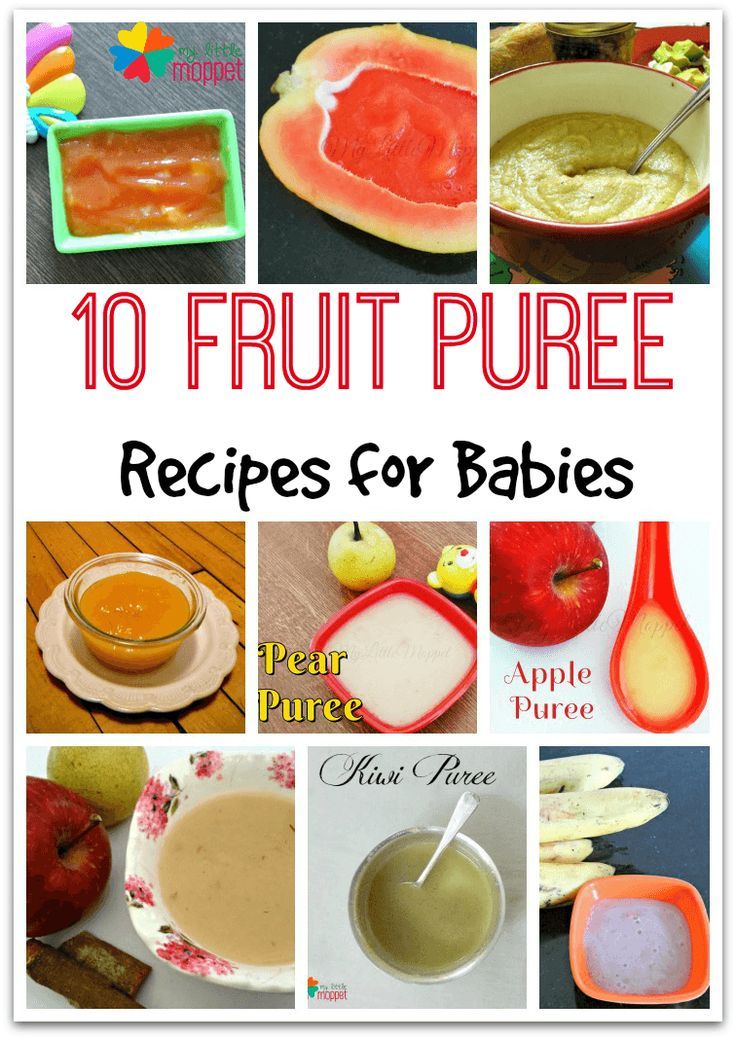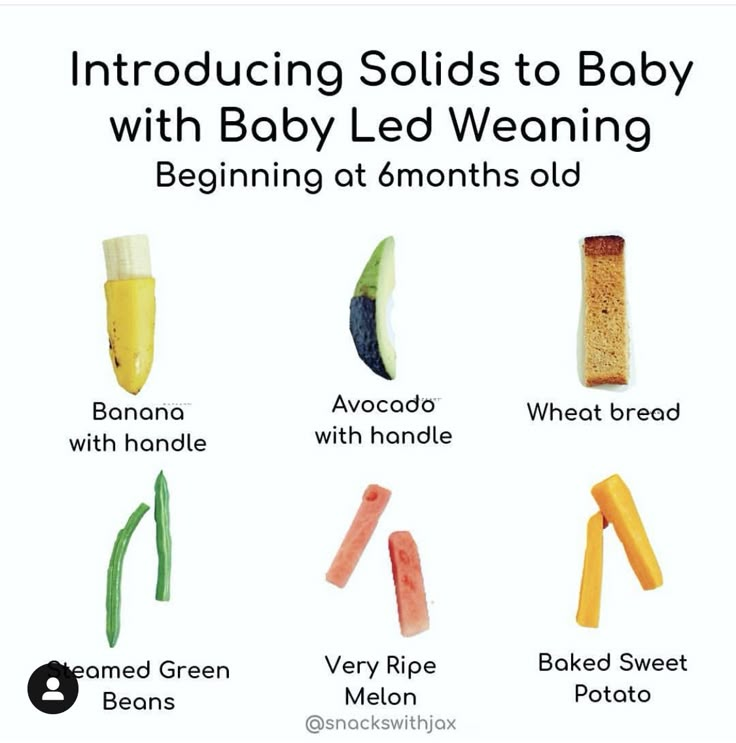Baby struggling to feed
Breastfeeding sleepy and reluctant babies
Go backThere are lots of reasons why your baby may be reluctant to feed. It doesn’t mean you aren’t doing a good job as a mum. Don’t put too much pressure on yourself to know all the answers straight away and speak to your midwife or health visitor if you have any questions or concerns, or are looking for ways to make feeding more comfortable.
How often should my baby feed?
All babies are different, but it's very common for babies not to feed all that much in the first 24-48 hours, and some don't attach at all. However, from day 2-3 days babies should become much more awake and feed in more frequent (but probably irregular) bursts at least 6 times in 24 hours.
How do I know if my baby's getting enough milk?
Photo of a baby breastfeeding
Breastfeeding at first can be really hard to get used to and you might find yourself wondering if your baby has had enough milk - it can be very hard to judge how much breastmilk your baby has had, but they are clever wee things and you have to have some faith that your baby knows whether it needs more milk. There are signs to look out for if you think your baby isn't getting enough milk.
Why are some babies reluctant to feed?
This happens most often when babies don't get skin-to-skin contact with mum soon enough or for long enough after the birth. Ideally, you want skin-to-skin contact with your baby straight away and for as long as it takes for your baby to want to feed. If you don’t have any complications, your midwife will help you get skin-to-skin with your baby quickly after they are born. Some reluctant babies are just too tired, sore, or sedated to feed after birth, and others can't because they are premature, ill or jaundiced.
What if I miss my baby's signs that they're hungry?
New mums sometimes miss or don't understand their baby's feeding signs – our page about learning your baby's cues explains what you should be looking for. Don’t worry if it takes a while to get used to when your baby wants a feed – it's something you are both learning together and it's baby steps for both of you.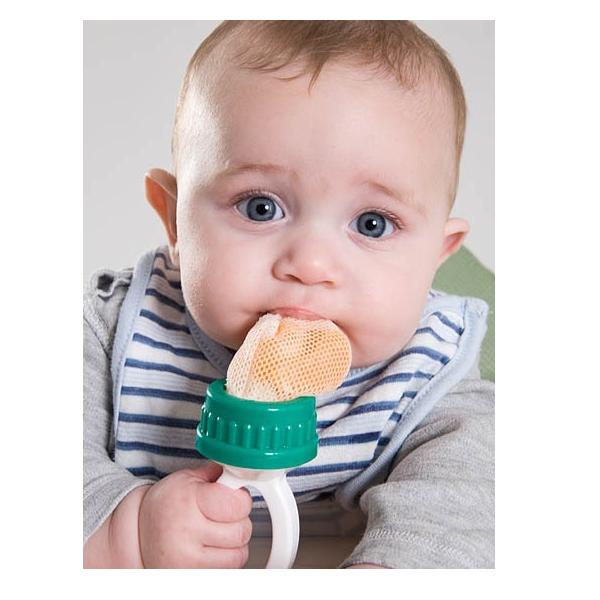 It's completely understandable to be worried about how much milk your baby is getting if they're not feeding in the early hours and days. It might help to know that babies are born with several days' supply of fluid and stored fat to get them by until they're ready to feed.
It's completely understandable to be worried about how much milk your baby is getting if they're not feeding in the early hours and days. It might help to know that babies are born with several days' supply of fluid and stored fat to get them by until they're ready to feed.
What's the solution?
Your midwife will check in on you to make sure your baby is well and to help you spot the signs that they're ready to feed – remember you can ask your midwife (in the hospital or at home) to help show you how to get in a comfortable position to help get your baby feeding. This video shows just this – very often all it takes is some help with positioning, skin-to-skin contact and a little patience!
Top tips to encourage a reluctant or sleepy baby to breastfeed
Tip #1: Hand expressing to keep your milk supply up
Start hand-expressing your colostrum – this is the first milk you make, and helps protect your baby from illness and infection. You can give this to your baby by syringe, spoon, dropper or cup. Expressing helps to build a good milk supply for when your baby is ready to feed. If this is your first time breastfeeding, it will take some time to get used to expressing your milk. You can find out more about expressing here.
You can give this to your baby by syringe, spoon, dropper or cup. Expressing helps to build a good milk supply for when your baby is ready to feed. If this is your first time breastfeeding, it will take some time to get used to expressing your milk. You can find out more about expressing here.
In the first couple of days you only make small amounts of colostrum so don’t become disheartened if it is difficult or takes time. It will get easier as each day and week goes by.
Tip #2: Try lots of skin-to-skin contact
Aim for lots of skin contact and being close to soothe your baby and give them the opportunity to feed.
Tip #3: Try to find a comfortable feeding position
Biological 'laid back' breastfeeding positions can help encourage babies to feed. Your midwife will be able to show you comfortable ways to feed. You can find out more about feeding positions here.
Tip #4: Get your baby ready for a feed
Massaging your baby's skin, changing their nappy and expressing a little milk for them to taste can help get your baby interested in feeding.
Tip #5: Don’t force your baby to feed
Don’t push your baby by the head or try to force them to feed as this could put them off completely.
Getting to know your baby
Learning your baby's cues
Signs your baby isn't getting enough milk
Refusing the breast
Looking after yourself with a newborn
The Scotland wide donor milk bank
This article was created as part of
Explore this article's topics:
Feeding Breastfeeding Common breastfeeding challenges Expectant Parents Baby (0-1 years)
Last updated: 31 May, 2022
Causes, Emergency Care, and Treatments
“Poor feeding in infants” is a term used to describe an infant with little interest in feeding. It can also refer to an infant who is not feeding enough to receive the necessary nutrition required for adequate growth.
It can also refer to an infant who is not feeding enough to receive the necessary nutrition required for adequate growth.
Poor growth associated with lack of feeding can lead to a separate condition called failure to thrive.
Poor feeding is caused by a variety of factors. It differs from picky eating, in which a baby may reject one form of milk for another or a toddler may refuse certain foods.
No matter the precise cause of poor feeding, undernutrition is a top concern. In fact, the World Health Organization (WHO) estimates that 45 percent of child deaths are related to undernutrition.
It is important not to dismiss poor feeding as something that will improve over time. This is a critical point in your child’s life, and missing key nutrients can lead to physical and cognitive concerns.
One of the most common causes of poor feeding is premature birth. Premature babies are typically poor feeders because they often have not yet developed the skills needed to suck and swallow milk.
Still, feeding usually increases as baby grows. If your little one was born prematurely and still has feeding trouble after leaving the hospital, it’s important to continue following up closely with your pediatrician, particularly if feeding concerns worsen or do not improve.
Other causes include congenital conditions such as jaundice and infections such as viral gastroenteritis. Once these conditions are treated, poor feeding usually subsides.
Serious conditions
Poor feeding can also be caused by serious conditions, such as Beckwith-Wiedemann syndrome. This is an overgrowth syndrome that causes infants to be particularly large and grow at a considerably fast pace. It affects an estimated 1 in 13,700 newborns worldwide.
Other serious conditions include:
- congenital hypothyroidism, which occurs when the thyroid fails to develop or function properly
- other genetic conditions, including Down syndrome
- hypoplastic left heart, a rare condition that occurs when the left side of the heart fails to develop properly and is unable to pump blood to the body
- other heart defects
Less serious conditions
Other causes of poor feeding aren’t related to a congenital condition at all. Temporary illnesses can make feeding uncomfortable (and even painful) for infants.
Temporary illnesses can make feeding uncomfortable (and even painful) for infants.
Common ailments that get in the way of feeding include:
- diarrhea
- ear infections
- coughs and colds
- teething
When in doubt, it’s always best to double-check with a pediatrician. You don’t want to assume a minor illness when in fact there could be a serious underlying condition.
Feeding difficulty is a serious matter. When accompanied by other symptoms, emergency care may be required. Seek immediate medical attention if your baby is showing any of the following signs:
- has a fever of over 100°F (37.8°C), an emergency in babies 3 months old and younger
- is vomiting after every feeding
- is vomiting blood
- has a cough with breathing difficulties
- is crying constantly
- has bloody stool
- is wheezing
- is becoming unresponsive to touch
Poor feeding that is caused by an infection will usually stop when the infection is resolved.
Treatment of poor feeding depends on the cause. This can involve changing the feeding schedule to consist of smaller, more frequent meals. If a milk-based intolerance is suspected, your doctor will work closely with you to find a formula and feeding plan that suits your baby.
While serious cases of poor feeding require prompt medical care, other causes can be resolved at home with the advice of a pediatrician.
If your baby is breastfeeding or chestfeeding, try to avoid:
- certain medications that can enter breast milk
- applying lotions and other skin products to your breasts
- high levels of stress — this may also make your milk taste differently
Other considerations may concern formula feeding as well as infants who have started solid foods.
Formula feeding
While breastfeeding is the method of feeding for infants recommended by health agencies such as WHO, it is a fact that not all babies are successful with this method — and not all nursing parents may want or be able to breastfeed.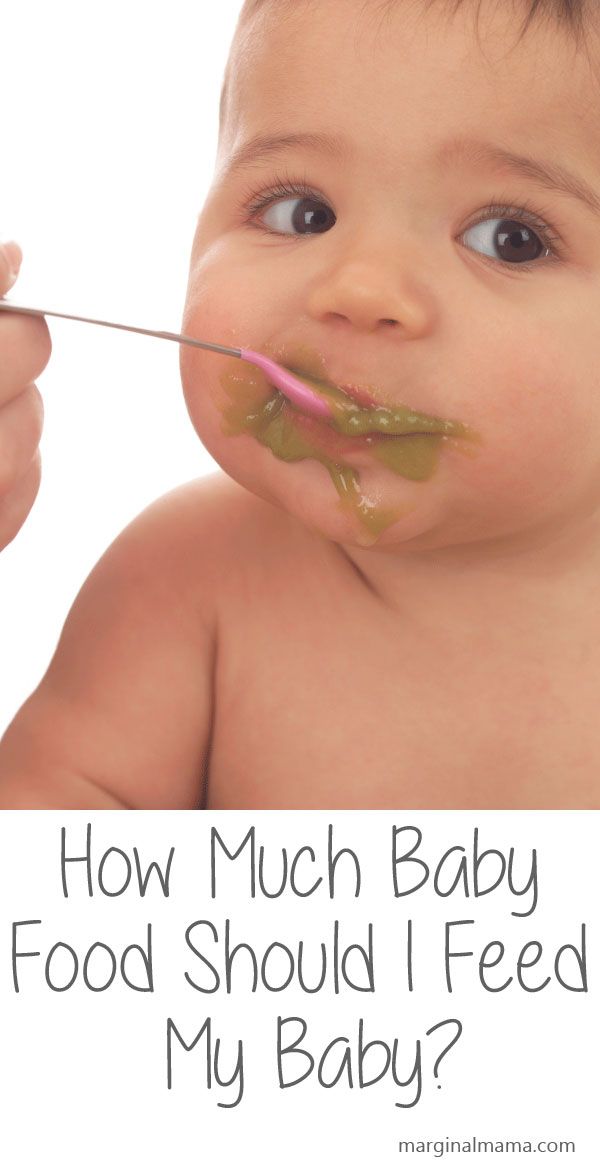
If your baby doesn’t seem to latch on despite repeated attempts, you may consider talking with your doctor about formula feeding. You may still be able to try breastfeeding or chestfeeding, even when supplementing with formula, if you’d like.
The key is that your baby gets adequate nutrition. A lactation consultant may be helpful, if available to you.
“Picky eating”
After baby reaches 6 months of age, your pediatrician may encourage you to introduce solids to their diet. While solids shouldn’t replace breast milk at this phase of your child’s life, most infants require additional nutrients around the 6-month mark.
Examples include:
- rice cereal
- pureed fruits and vegetables
- pureed or soft meats
Introducing solid foods can be exciting for both caregiver and child. However, some infants don’t take to solids as readily as other babies.
This can be alarming, but the issue may be solved by:
- mixing cereal with solid foods
- offering solids in small increments
- only giving solids two to three times per day
- starting with one food at a time, then introducing others as your baby gets used to solids
When an infant doesn’t like solids, it’s easy to jump to the conclusion that they are a “picky eater. ” However, this phase doesn’t usually start until your baby becomes a toddler.
” However, this phase doesn’t usually start until your baby becomes a toddler.
Stress management
When your baby is eating poorly, it’s easy to get stressed out. This is especially true for new parents who may not yet know the distinctions between serious conditions and minor feeding concerns.
Remember that stress can worsen feeding concerns. It may interfere with attempts at feeding if your infant senses something is wrong.
Managing your stress won’t treat all causes of poor feeding, but it can help in many cases.
It’s difficult to find time for yourself during this busy stage of your life — even a few minutes a day can help. When you feel stress coming on during feedings, take a moment for some deep breathing.
Poor feeding in infants can lead to serious issues, such as malnutrition and stunted growth. It is essential that babies consume and digest the necessary nutrients to thrive and develop.
Any infant who is feeding poorly should be taken to a pediatrician for evaluation. After a proper diagnosis, treatment may be necessary.
After a proper diagnosis, treatment may be necessary.
In other cases, poor feeding can be resolved through refined techniques and perseverance at home. If you suspect feeding difficulties may be causing other concerns, call a doctor right away.
What to do if the child does not eat well.
Child from birth demands to eat instinctively . If the child is healthy, he eats as much as his body requires. Over the years, our instincts weaken and eating behavior begins to rely not only on the needs of the body, but also on:
- socio-psychological environment
- experience
- emotional state
It is very important to be able to distinguish between a true decrease in appetite and a false one. If false, there are no problems with food or health, but at the same time, parents are unhappy with the amount of food eaten.
To diagnose a child's eating behavior, it is necessary, first of all, to clarify the general state of the child's health, his activity, growth and weight indicators and their dynamics, and especially the rhythm of nutrition.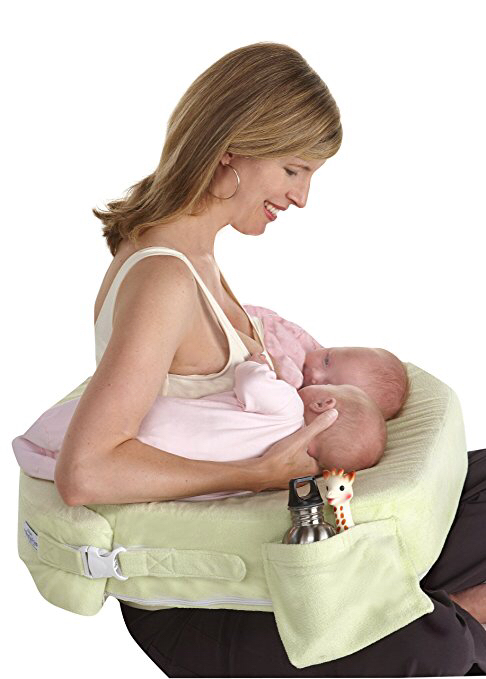
Types of refusal to eat:
- A child older than 1.5–2 years does not eat certain food groups. For example, refuses vegetables, meat or cereals.
- The child bites and eats mainly junk food: sweets, fast food and processed meat (sausages, sausages).
- A child older than one and a half years old eats only liquid, homogeneous food (for example, milk, formula or puree).
- The child refuses any food and goes on hunger strikes
- The child experiences fear when eating due to some trouble that occurred while eating.
- For diseases of the oral cavity and disorders of the digestive system. The child avoids pain when eating or after eating.
- The child may not eat well when he is not feeling well. This is a normal human reaction to the disease.
- Increased nervous excitability. An excited child can hardly secrete the required amount of saliva, so it is difficult for him to have dryish food. If you are under a lot of stress, you may have trouble swallowing due to throat spasms.

Consequences of refusal to eat:
- the child does not gain weight for a long time, growth and lags behind in physical development
- chronic eating disorder, deficiency of vitamins and microelements layer is very thin. There is a decrease in immunity, a tendency to frequent infections and their protracted course; fatigue and general weakness.
If diseases are ruled out, in most cases the problem of the child's selective appetite can be solved by parents on their own.
What to do?
Lots of recommendations. To normalize the appetite will have to spend a lot of time and effort. Therefore, be patient.
- There is one simple rule that helps to determine the amount of food a child needs: the number of spoons of each meal eaten must be at least the number of full years0004 . You can conclude a kind of contract to comply with this rule. If the child understands the agreements, he can correctly calculate his strength and build expectations .
 Large plates can scare a child, as can huge portions.
Large plates can scare a child, as can huge portions. - Think about how a child usually eats. If it is filled with persuasion, quarrels, threats of punishment, then a decrease in appetite is quite natural. Our psyche is arranged in such a way that the emotional coloring of events occurring at the same time is mixed and attached to each other . If food becomes a cause of conflict with parents, the child experiences unpleasant emotions - resentment, shame, anger, etc. These emotions are superimposed on all meals. Try not to force him to finish his plate, do not threaten punishment. The more you force, the more the child will resist. Make your meal a pleasant event of the day in a warm family circle with a beautiful table setting.
- However, the opposite situation also happens: the mother, on the contrary, does not offer food too persistently. There is an opinion: you need to make 8 to 15 unobtrusive attempts, preferably in a playful way, so that the child gets used to unfamiliar food.
 Use little tricks. Offer new foods to your child to choose from - for example, from 2-3 dishes. This will help him understand that his opinion is taken into account in the family. Replace products. Try different types of meat - the child will surely choose something for himself, because he needs iron in an easily digestible form, which can only be obtained from meat products. Add mince to vegetables. Use different cooking methods.
Use little tricks. Offer new foods to your child to choose from - for example, from 2-3 dishes. This will help him understand that his opinion is taken into account in the family. Replace products. Try different types of meat - the child will surely choose something for himself, because he needs iron in an easily digestible form, which can only be obtained from meat products. Add mince to vegetables. Use different cooking methods. - Selective appetite develops in children of parents who use food as a reward or as blackmail: "If you don't eat soup, you won't go for a walk." Pediatricians emphasize that food is a source of nutrients, fuel for the body, and not a means of manipulation.
- You should not feed a child mechanically when he is engrossed, say, in playing or watching a movie - many children eat well under advertising or on a tablet, not feeling the taste of food at all, which ultimately only reduces their appetite.
- Children are much more willing to eat what has been cooked with them, so feel free to involve them in the cooking process.
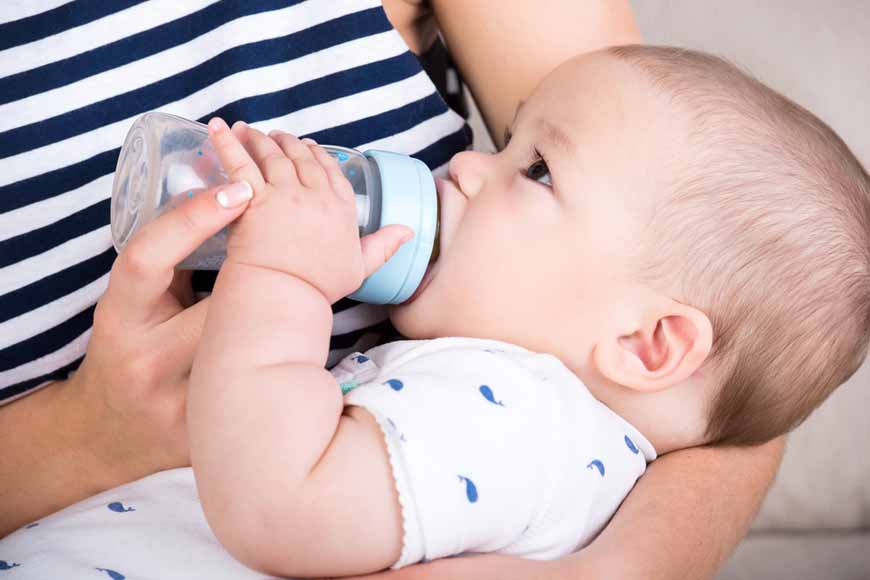 Turn cooking into an exciting joint creativity, and you will see how the child gradually changes his attitude to food.
Turn cooking into an exciting joint creativity, and you will see how the child gradually changes his attitude to food. - If a child does not want to eat, it means that he did not spend enough energy and did not have time to get hungry. To awaken the appetite, you need to increase energy consumption: walk in the fresh air, ride the slides or offer classes in the sports section. The more energy children expend, the better their appetite.
Do not forget also that small children always imitate their parents, and if they are picky in food, their children will adopt this habit from a young age.
Have questions? Write to the doctor.
Application sent
This field must be at least 2 characters long.
This field must be at least 2 characters long.

This field must be at least 2 characters long.
I agree to receive information from the medical center "Angio Line"
SOS! The child does not eat anything! What to do?!
“Give me another spoon and that's it! And now a spoon for dad, now for mom, and now for grandma…”
Many parents are familiar with this story of persuading their child to eat.
I am often asked what to do if the child does not eat, and to be honest, this is one of the most simple and difficult questions at the same time.
No, everything is just simple with a child - usually you just need him to get hungry. But the real problem with parents is that it’s hard for them to survive if they don’t feed the child.
 Here, for example, is what the mother of a one-year-old daughter says: “At first we did not force-feed her!!! Do you think I don't feel sorry for my child when he cries? Until six months she ate when she wanted, then refused to eat. I endured the day (KEY PHRASE - I SUFFERED THE DAY!), then I force-fed, because I can not look at my child without tears!!! Skin and bones, all the ribs, the spine are visible! Listening to this mother, I could hardly resist asking her: “What should she look like at 6 months old? Swimming in fat? Children are different - chubby and thin. Mine, for example, were born thin, the son grew up like that, and when the youngest daughter gained 1700 g in the first month only on breastfeeding, I was seriously scared, because there was nothing like this with the eldest - I added the “required” 700 g per month and all.
Here, for example, is what the mother of a one-year-old daughter says: “At first we did not force-feed her!!! Do you think I don't feel sorry for my child when he cries? Until six months she ate when she wanted, then refused to eat. I endured the day (KEY PHRASE - I SUFFERED THE DAY!), then I force-fed, because I can not look at my child without tears!!! Skin and bones, all the ribs, the spine are visible! Listening to this mother, I could hardly resist asking her: “What should she look like at 6 months old? Swimming in fat? Children are different - chubby and thin. Mine, for example, were born thin, the son grew up like that, and when the youngest daughter gained 1700 g in the first month only on breastfeeding, I was seriously scared, because there was nothing like this with the eldest - I added the “required” 700 g per month and all. He's not hungry?!
The simplest and most obvious reason why a child does not eat is simply that he is not hungry!!! We try so hard to feed our kids that they don't even know what hunger is.
 Once I witnessed how my friend forcibly fed her 8-month-old son with cottage cheese - Ivan sobbed, but swallowed, to all my questions why she was doing this, Natalya answered: “I feel so calmer.” Just think! Calm down from what? From the fact that he will have a full stomach, but at the same time he is crying and she is committing violence against him?!
Once I witnessed how my friend forcibly fed her 8-month-old son with cottage cheese - Ivan sobbed, but swallowed, to all my questions why she was doing this, Natalya answered: “I feel so calmer.” Just think! Calm down from what? From the fact that he will have a full stomach, but at the same time he is crying and she is committing violence against him?! What to do?
Let your child get hungry!
For this you need:
1) remove all snacks from the reach of a child of any age: cookies, fruits, juices, compotes, sweet teas, sweets, sandwiches, etc. - everything that contains calories and can interrupt appetite;
2) offer the child to eat and be prepared that he will refuse;
3) remain calm and friendly
; 4) wait until the child feels hungry and asks for food or agrees to your offer!
In this situation, the most difficult thing is to keep yourself in control, so as not to panic and start feeding the baby when you think that he is hungry, and not when he really wants to eat.
 Children who have never experienced hunger cannot even identify it
Children who have never experienced hunger cannot even identify it , so it may take them a little longer to realize than you have the patience. If a child does not eat anything for 1 or 2 days, he will not die!!! Everything will be fine with him! As soon as he realizes that he is hungry, he will come to you and ask you to eat.
He hurts!
When my son Nazar was about 2 years old, we rested in the Crimea. On the way to the sea, probably on the train, he caught stomatitis - these are small, but very painful sores in the mouth. It was very painful to swallow and chew food, and therefore Nazar did not eat anything for 6 days, he only drank water. The infection went away on the fourth day after special treatment and treatment, but for two more days my son was simply afraid to eat. Knowing that he likes dumplings and french fries most of all, my husband and I took him to our favorite cafe and took both dishes, as well as ice cream, cake - whatever he could like.
 At first, the son refused to eat - we didn’t persuade him, we just said that we were hungry and decided to eat, but he didn’t have to if he didn’t want to. They ate dumplings and watched their son: at first he just sat, then burst into tears, and only then, after probably 40 minutes, he carefully ate the dumpling. Then another and another... We were happy - now the main thing was not to overfeed, because Nazar's appetite woke up and he was convinced that the pain was gone!
At first, the son refused to eat - we didn’t persuade him, we just said that we were hungry and decided to eat, but he didn’t have to if he didn’t want to. They ate dumplings and watched their son: at first he just sat, then burst into tears, and only then, after probably 40 minutes, he carefully ate the dumpling. Then another and another... We were happy - now the main thing was not to overfeed, because Nazar's appetite woke up and he was convinced that the pain was gone! When a child is sick, the body does not perceive food - all its forces are spent on fighting the source of the disease, and the brain simply does not send signals about hunger. That is why the child does not want to eat. But as soon as the baby begins to recover, the brain immediately sends a signal: it's time to eat!
Is food evil?!
For various reasons, we adults sometimes don't want to eat either: trouble at work, it's hot, we're busy with something interesting, we're just not hungry yet.
 .. But for some reason we are sure that children simply must always eat with appetite! And therefore, we are ready to persuade the child to eat for hours, and if persuasion does not help, we begin to entertain - cartoons, talking dolls, dancing relatives ... Threats do not help either - you won’t go for a walk, you won’t buy a toy, you won’t watch your favorite cartoon, you won’t get up from the table until you eat it ... Somehow, in my childhood, I spent the whole day over a plate of borscht and by the evening I was already hungry, but I never asked to eat, because somewhere inside I understood that if I eat, I will lose and I will always have to eat .
.. But for some reason we are sure that children simply must always eat with appetite! And therefore, we are ready to persuade the child to eat for hours, and if persuasion does not help, we begin to entertain - cartoons, talking dolls, dancing relatives ... Threats do not help either - you won’t go for a walk, you won’t buy a toy, you won’t watch your favorite cartoon, you won’t get up from the table until you eat it ... Somehow, in my childhood, I spent the whole day over a plate of borscht and by the evening I was already hungry, but I never asked to eat, because somewhere inside I understood that if I eat, I will lose and I will always have to eat . We ourselves teach children that food is boring, that it is violence, that it is evil…
What to do? Simply understand that a child, like us, can have many reasons why he does not want to eat at the moment, and be ready to feed when he has an appetite. It's so easy - take a bottle of milk, yogurt, puree, fruit or even a thermos of your favorite soup with you for a walk and feed your child quickly and easily when he gets hungry, right on the street! Fortunately, civilization provides us with all the opportunities for this: wet wipes, dishes, thermoses .
 ..
.. How can I send him to kindergarten if he does not eat anything?
Before kindergarten, my son Nazar had never been forced to eat. Even at 2 months, being bottle-fed, he ate only 4 times a day, not 8, and gave back any attempt to feed the fountain. Fortunately, I realized that this is his way of signaling satiety. When he went to kindergarten, one of my main requests to the teachers was not to force him to eat under any circumstances. For the first few weeks, they lamented and said that he did not eat anything except bread and compote, then, with surprise and delight, they began to say that Nazar eats soups and cereals best of all. No wonder, after all, soups and cereals are my son’s favorite dishes, and when he got used to the new environment, people, children and the daily routine, he began to eat with pleasure what he liked to eat at home!
Don't panic! Peace, only peace!
This is the main motto of the mother and close relatives when the child suddenly stops eating! One of my friend's 2-month-old daughter suddenly stopped breastfeeding! For 1.
 5 days, Katya called up several times with breastfeeding specialists and, trying to remain calm, followed their instructions. Only on the second day, her daughter agreed to drink a little bit of milk from a teaspoon, then more, but in order not to wean her from breastfeeding in this way, Katya put the baby to her breast again and again, and if something didn’t work out, she called the specialists in breastfeeding again. breastfeeding. The young mother was able not to panic, to find the strength not to listen to the “useful” advice of relatives and friends, and to find support in the face of specialists. Now her baby is almost a year old and this wonderful creature drinks her mother's milk with pleasure and does not know what a lack of appetite is.
5 days, Katya called up several times with breastfeeding specialists and, trying to remain calm, followed their instructions. Only on the second day, her daughter agreed to drink a little bit of milk from a teaspoon, then more, but in order not to wean her from breastfeeding in this way, Katya put the baby to her breast again and again, and if something didn’t work out, she called the specialists in breastfeeding again. breastfeeding. The young mother was able not to panic, to find the strength not to listen to the “useful” advice of relatives and friends, and to find support in the face of specialists. Now her baby is almost a year old and this wonderful creature drinks her mother's milk with pleasure and does not know what a lack of appetite is. Tasty? Is not a fact!
Another reason why a child does not want to eat is simply that he does not like the taste of the food or its appearance. We sometimes find it hard to come to terms with the fact that our children turn up their noses at food.

- There is one simple rule that helps to determine the amount of food a child needs: the number of spoons of each meal eaten must be at least the number of full years0004 . You can conclude a kind of contract to comply with this rule. If the child understands the agreements, he can correctly calculate his strength and build expectations .


